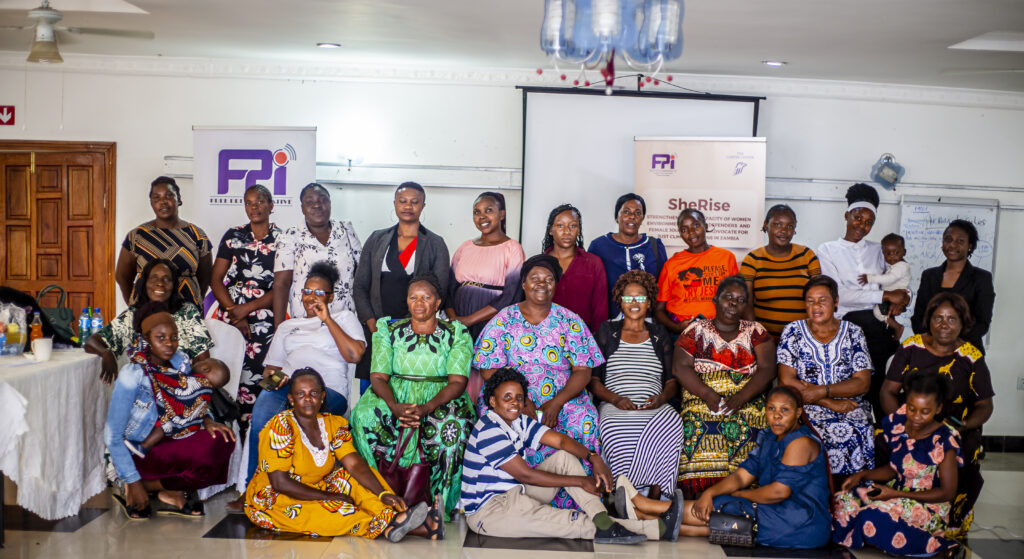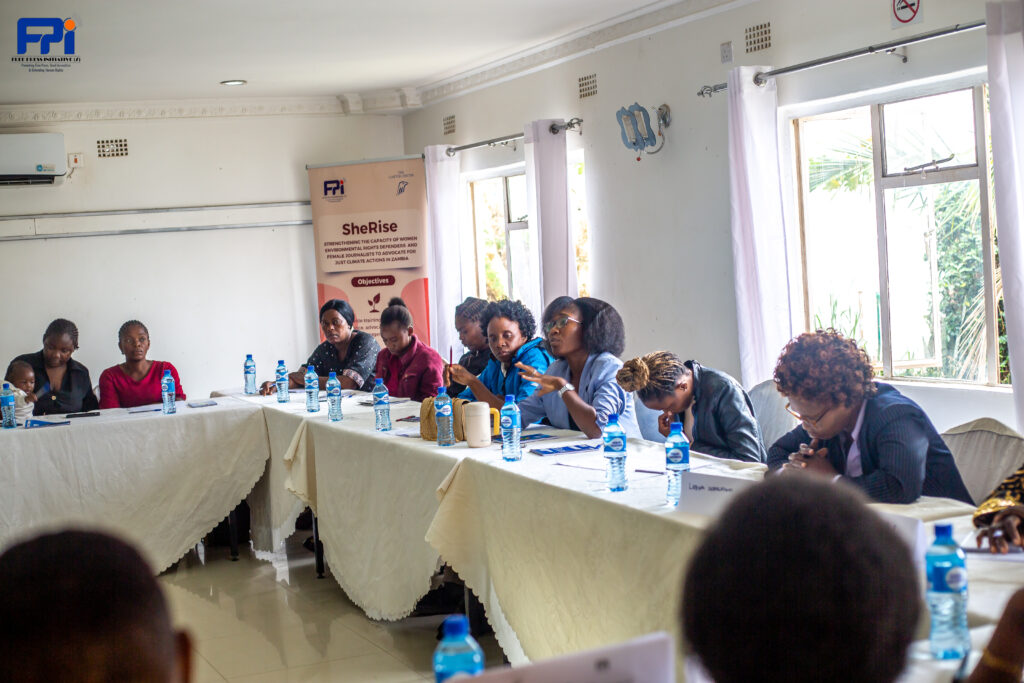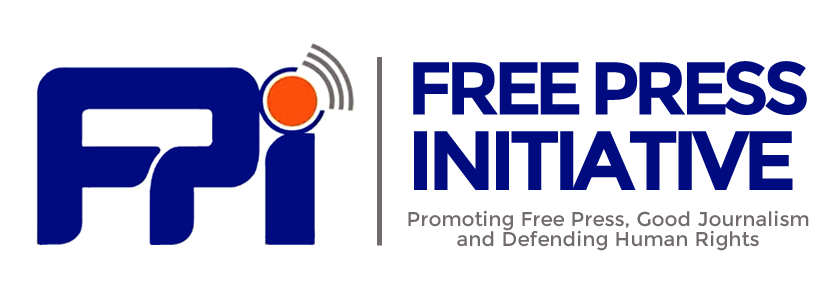The Zambia Free Press Initiative (FPI) has wrapped up the third and final session of its national training series for women environmental rights defenders and female journalists, this time in Choma, Southern Province.

The two-day workshop held from November 12-13, brought together 32 women on the frontlines of climate challenges in their communities, building on earlier sessions held in the Copperbelt and Northern Province.
For the FPI, taking these workshops directly into the districts was intentional, as every town carries its own climate story, and every woman affected has a voice worth hearing. The conversations during these engagements were more grounded, practical, and urgent, and Choma was no exception.
Day One: Real Stories, Real Impact
The first day focused on understanding how climate change is reshaping daily life for women. Participants shared firsthand accounts of dried-up water sources, unpredictable rainfall, reduced crop yields, and the rising pressure placed on women who manage food, water, and household stability.

For many, this workshop was the first space where their experiences were taken seriously and connected to broader national climate discussions. The women spoke openly about the emotional and economic strain their communities face. Others described growing tensions over land and water that often go unnoticed at the national level.
These conversations guided the group into designing practical action plans from promoting sustainable farming techniques to strengthening community awareness on climate-smart practices. What stood out was the determination to turn personal experiences into powerful advocacy.
Day Two: Understanding the Legal Side of Climate and Environmental Protection
On the second day, participants dived into the legal frameworks governing climate and environmental protection in Zambia. This session opened their eyes to the policies, rights, and obligations that shape how communities respond to climate impacts.
Topics covered included:
• Zambia’s Environmental Management Act
• Climate Change Policy frameworks
• Rights of women in environmental decision-making
• How to use the law to protect land, water, and community resources
• The role of media in holding institutions accountable
For many participants, understanding the legal landscape strengthened their confidence and highlighted how essential it is for journalists and activists to know the policies that guide climate governance, especially as they report stories and advocate for stronger protections.





A Turning Point: The Birth of a Women’s Climate Coalition
One of the most important outcomes of this workshop and the national series was the formation of a Women’s Coalition for Climate Action. This step grew naturally from the discussions, storytelling, and challenges that were shared across all three provinces.
The coalitions will serve as national networks connecting women from different backgrounds but with a shared mission: amplifying women’s perspectives in climate reporting, advocating for climate justice, and strengthening community resilience.
The work doesn’t end here; it begins now, with women across Zambia stepping forward as champions of climate justice.



